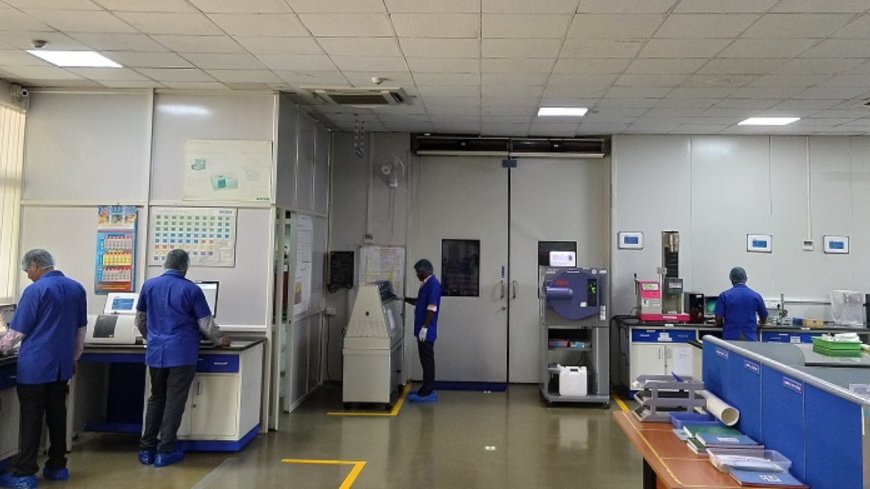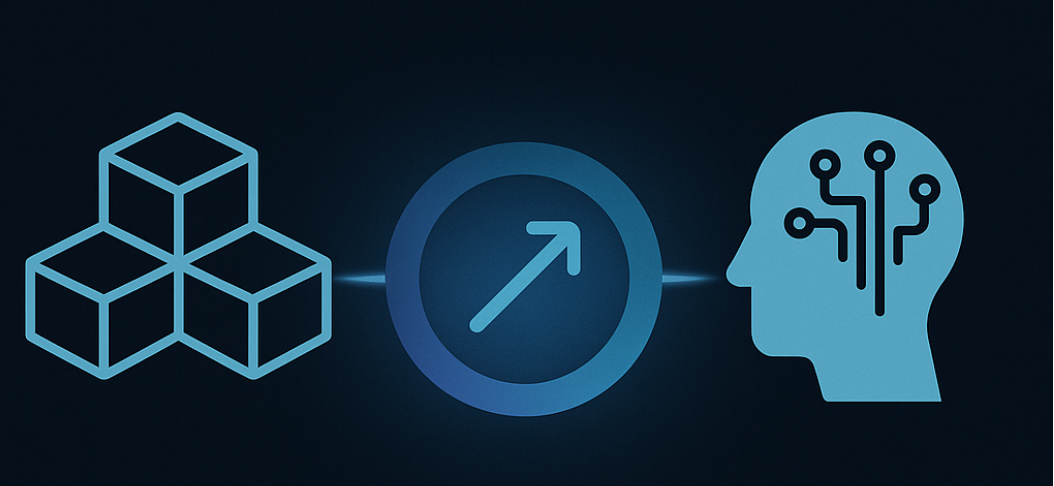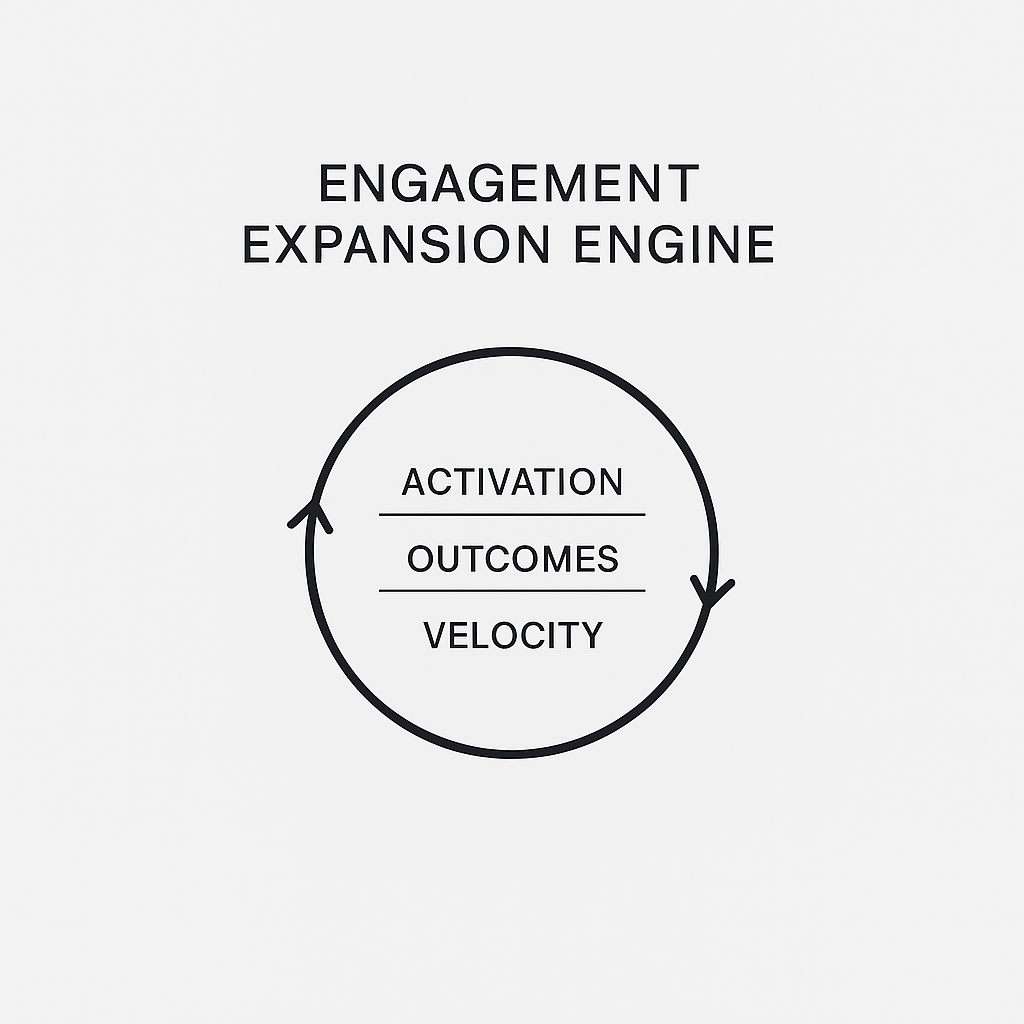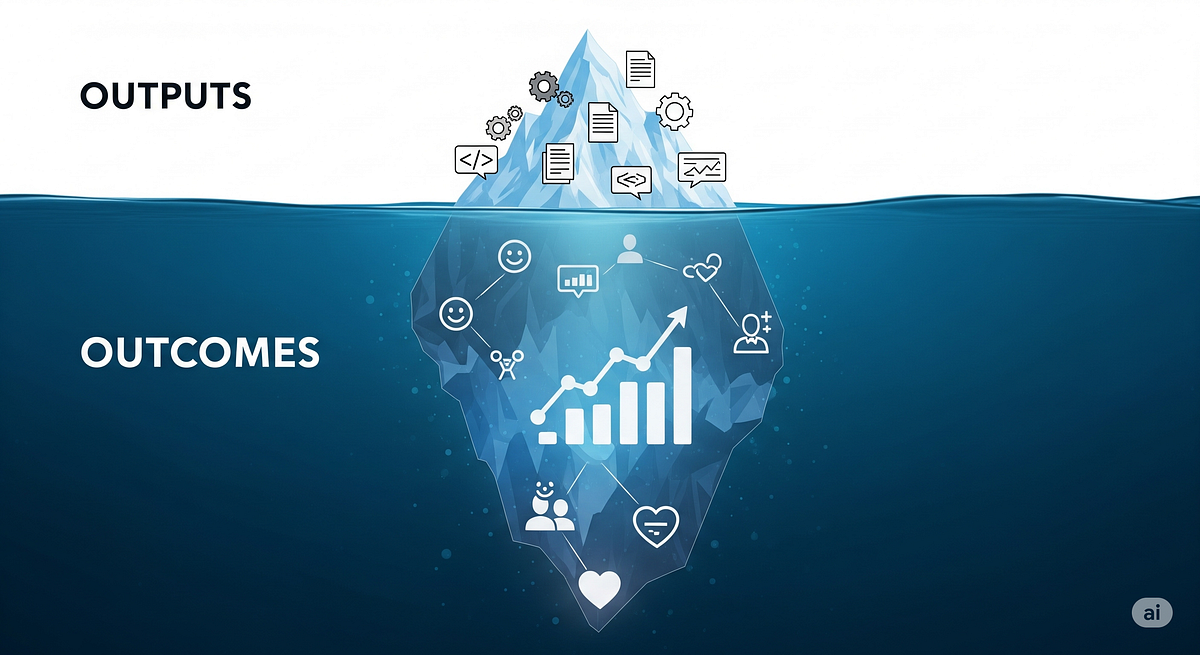Top Benefits and Services of NABL Accredited Laboratories in India
In a rapidly evolving scientific and healthcare landscape, trust and accuracy are paramount. Whether it's clinical diagnostics, product certification

NABL Accredited Laboratories: Why They Matter More Than Ever
In a rapidly evolving scientific and healthcare landscape, trust and accuracy are paramount. Whether it's clinical diagnostics, product certification, or industrial testing, NABL accredited laboratories have emerged as the gold standard for reliable and credible testing services.
In this article, we dive deep into what makes these labs stand out, why they are essential in modern industries, and how they directly impact public health, safety, and business credibility. Let’s uncover why these labs are more than just a certification badge — they are pillars of quality assurance.
What Does NABL Accreditation Mean?
Understanding NABL and Its Role
The National Accreditation Board for Testing and Calibration Laboratories (NABL) is an autonomous body under the Department for Promotion of Industry and Internal Trade (DPIIT), Government of India. It grants accreditation to laboratories based on international standards like ISO/IEC 17025 for testing and calibration labs, ISO 15189 for medical labs, and more.
This accreditation signifies that a lab is competent to carry out specific tests or calibrations, ensuring consistent quality, technical proficiency, and data reliability.
The Evolution of Laboratory Standards in India
From Basic Testing to Global Compliance
A few decades ago, laboratory testing in India lacked consistency and recognition. With the rise of globalization, export demands, and public safety concerns, the need for internationally recognized testing and calibration became critical. That’s where NABL came into play.
The introduction of standard protocols helped Indian labs compete globally, opening up doors for international trade and mutual recognition.
Why Choose a NABL Accredited Lab?
1. Credibility You Can Count On
When you walk into a lab with NABL accreditation, you're assured that the results are not only technically accurate but also legally accepted in numerous industries across India and beyond. This is crucial for sectors such as:
-
Pharmaceuticals
-
Medical diagnostics
-
Food and agriculture
-
Environment and pollution
-
Manufacturing and engineering
2. Enhanced Public Safety
From blood tests to environmental samples, accuracy in testing can mean the difference between safety and disaster. Accredited labs follow strict quality assurance procedures to avoid errors that could have far-reaching consequences.
3. International Recognition
NABL is a signatory to international organizations like ILAC and APAC, meaning reports from NABL labs are accepted across countries — a vital aspect for export businesses and multinational collaborations.
Types of Labs That Can Be NABL Accredited
Diverse Sectors, Same Standards
-
Medical Testing Labs – Hospitals, diagnostic centers, and research institutes
-
Calibration Labs – Ensure tools and instruments meet accuracy benchmarks
-
Testing Labs – Materials testing, chemical analysis, mechanical properties
-
Proficiency Testing Providers – Evaluate the performance of other labs
-
Reference Material Producers – Provide certified materials for calibration/testing
These categories make it clear that the scope of accreditation is broad and inclusive, covering nearly every domain requiring technical evaluations.
The Accreditation Process: A Glimpse Behind the Scenes
Step-by-Step Path to Accreditation
-
Application Submission: The lab submits documentation and scope of testing.
-
Pre-Assessment Audit: A preliminary check to identify gaps.
-
Final Assessment: In-depth audit by technical assessors.
-
Corrective Actions: Labs fix identified non-conformities.
-
Grant of Accreditation: Post-approval, a certificate is issued for a fixed term.
Maintaining accreditation involves regular surveillance and re-assessments to ensure continual compliance.
How Accreditation Enhances Business Growth
Market Trust and Competitive Edge
In industries like pharmaceuticals and food safety, having an accredited testing partner can influence business decisions. It’s not just about meeting regulatory requirements — it’s about being a trustworthy brand.
For startups and SMEs, working with accredited labs can boost investor confidence and open new business opportunities.
Compliance with National & International Norms
Accreditation ensures alignment with global testing standards, which simplifies compliance with domestic regulations and international quality protocols.
The Impact on Healthcare and Diagnostics
Reliable Patient Outcomes
Inaccurate medical test results can lead to misdiagnosis, inappropriate treatments, or delayed interventions. Accredited labs use validated methods and calibrated instruments, ensuring high-quality diagnostics, patient safety, and timely treatment.
Confidence for Doctors and Patients Alike
Healthcare providers rely on accredited labs to make critical decisions. The accreditation ensures the lab maintains qualified staff, standardized procedures, and consistent accuracy.
Real-World Applications and Case Studies
Food Safety
Food processing companies work with accredited labs to verify ingredients and final products for contaminants like pesticides, heavy metals, and microbes.
Water and Environmental Testing
Environmental impact assessments, groundwater testing, and pollution monitoring require credible results — all of which are ensured by NABL-accredited centers.
Automotive and Aerospace
High-performance vehicles need component testing under extreme conditions. Accredited laboratories ensure these tests are valid and repeatable, minimizing risk.
Challenges in Maintaining Accreditation
High Operational Standards
Achieving accreditation is tough, but maintaining it is tougher. Labs must continually:
-
Invest in equipment
-
Train staff
-
Upgrade protocols
-
Ensure regular internal audits
Cost and Time Commitment
For smaller labs, the financial and administrative burden can be significant. However, the long-term benefits in terms of credibility and compliance far outweigh the initial efforts.
How to Verify a Lab's Accreditation
Before trusting any test result or entering a business agreement, you can:
-
Check the NABL website for the lab’s accreditation status
-
Ask for the accreditation certificate
-
Verify the scope of testing the lab is authorized for
This ensures you are working with a lab that meets the required technical competence.
Conclusion: Building a Future on Quality
In an age where information overload and misinformation abound, the role of scientific testing and validation has never been more crucial. Laboratories that meet international quality benchmarks foster trust, safety, and innovation.
Whether you're a doctor, manufacturer, government body, or citizen, you benefit from the rigor and transparency brought by NABL accredited laboratories. Their contribution to health, safety, and quality assurance is not just valuable — it’s indispensable.
FAQs
1. What is the difference between testing and calibration labs?
Testing labs analyze materials or products to determine characteristics or compliance. Calibration labs ensure measuring instruments perform within specified accuracy.
2. How often should labs undergo reassessment?
Typically, reassessment is done every two years, but it can vary depending on the scope and performance of the lab.
3. Who governs the accreditation process in India?
The accreditation process is governed by the National Accreditation Board for Testing and Calibration Laboratories (NABL), under the Quality Council of India.
4. Are accredited labs more expensive?
Not necessarily. While their setup costs may be higher, the benefits in terms of reliability, credibility, and compliance often justify the cost.
5. Can a lab lose its accreditation?
Yes, if a lab fails to comply with the quality standards or is found deficient during surveillance audits, accreditation may be suspended or revoked.
6. Are lab results from accredited labs legally valid?
Yes, reports from such labs are legally valid and widely accepted in courts, government procedures, and international trade.
7. Is accreditation necessary for export-related testing?
For most exports, especially in food, pharmaceuticals, and industrial goods, testing must be done at accredited facilities to meet foreign regulations.
8. Can small labs get accredited?
Yes, even small labs can apply. However, they must meet the same rigorous technical and quality standards as larger facilities.
9. How do I prepare my lab for accreditation?
Start with a gap analysis against NABL requirements, implement quality management systems, train staff, and conduct internal audits before applying.
10. Do labs need to renew their accreditation?
Yes, accreditation is time-bound and requires renewal. Labs must demonstrate continuous compliance and improvements during reassessments.


































































![https //g.co/recover for help [1-866-719-1006]](https://newsquo.com/uploads/images/202506/image_430x256_684949454da3e.jpg)
























![How Smart PMs Scale Their Careers in Any Org [TPG Live Recap]](https://tpgblog.com/wp-content/uploads/2025/06/2025-06-12-thumbnail-action.png?#)



















































